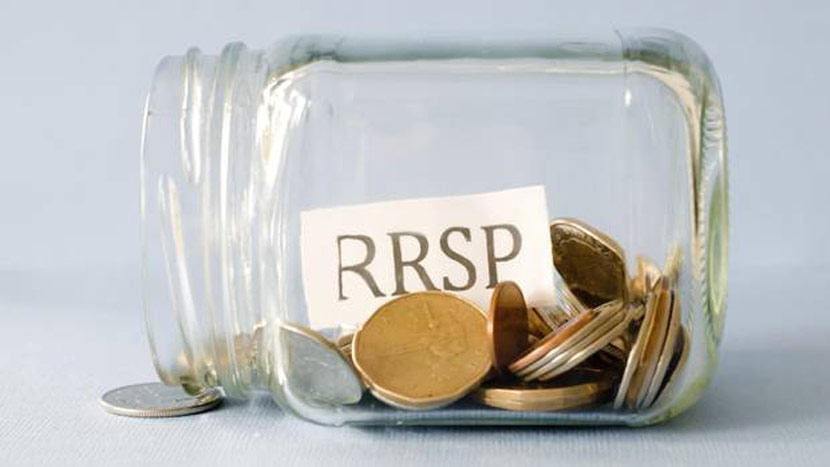Buying a residential or commercial property tasks individuals with saving a substantial down payment and managing peripheral costs. Understanding the land transfer tax is essential when purchasing a home is essential as the last thing anyone wants is to encounter during the buying process is an unexpected expense.
What is a Land Transfer Tax?
One of the lesser-known fees involved in buying a home is a land transfer tax collected by the Provincial Government. Rather than being blindsided by the land transfer tax, it’s essential to work with an experienced real estate lawyer who can prepare you for the process and know exactly why homeowners pay the land transfer tax.
Why Do Buyers Pay a Land Transfer Tax?
Sometimes called the “property transfer tax” or, facetiously, the “welcome tax,” Canadian provinces introduced the measure beginning in the 1970s. Municipalities that could not collect taxes on incomes and sales used the land transfer tax to generate revenue for municipal budgets.
The land transfer tax is unevenly applied across municipalities with large metropolitan areas levelling exceedingly high fees by comparison. In Ontario, property buyers pay the provincial government any time someone purchases “Land.” This term is broadly applied to include tracts of land, homes, commercial buildings, and wide-reaching structures. If a purchase is considered a real estate transaction, the buyer usually pays the land transfer tax.
How Does That Land Transfer Tax Work?
It’s important for residential and commercial buyers to understand that the land transfer tax remains a one-time payment. Unlike other annual fees and taxes, property owners only pay the municipal government when they take possession of the land, building, condominium, or other types of real estate.
The amount buyers pay largely depends on the real estate’s total cost or market value and the applicable percentage. The percentages differ greatly between regions, and the land transfer tax may change based on governmental revenue needs. It’s also crucial for home and commercial property buyers to know this expense cannot be rolled into monthly mortgage installments. Instead, the government expects a prompt lump-sum payment.
In Ontario, the rates are typically structured so that relatively inexpensive land purchases pay among the lowest amounts. However, mid-range real estate and high-end properties usually pay higher percentages and total costs.
Are There Any Land Transfer Tax Exemptions?
Some individuals may be in a position to enjoy one of the rare land transfer tax exemptions.
Separating Spouses
Separating spouses may be exempt from paying the expense when one takes full ownership of a home. To leverage this exemption, both parties will need to enter into a court-mandated agreement without money changing hands. One spouse taking over a mortgage ranks among the common examples.
Inherited Property
Municipalities offer an exemption for property that is passed to family members. Others may offer full or partial refunds for growing families. These exemptions differ from place to place and may change over time.
Contact a Real Estate Lawyer
Working with an experienced real estate lawyer who knows the latest tax laws and closing costs can help you avoid any financial surprises. If you are considering a real estate transaction, contact the experienced real estate lawyers at George Murray Shipley Bell, LLP.

